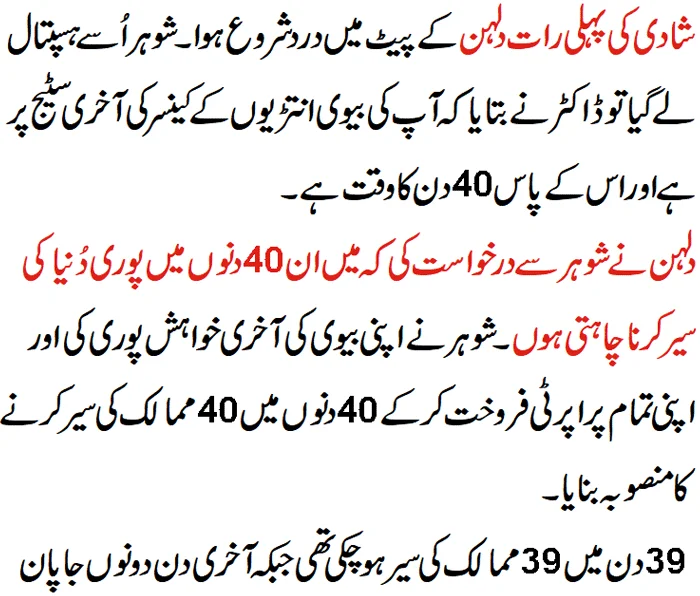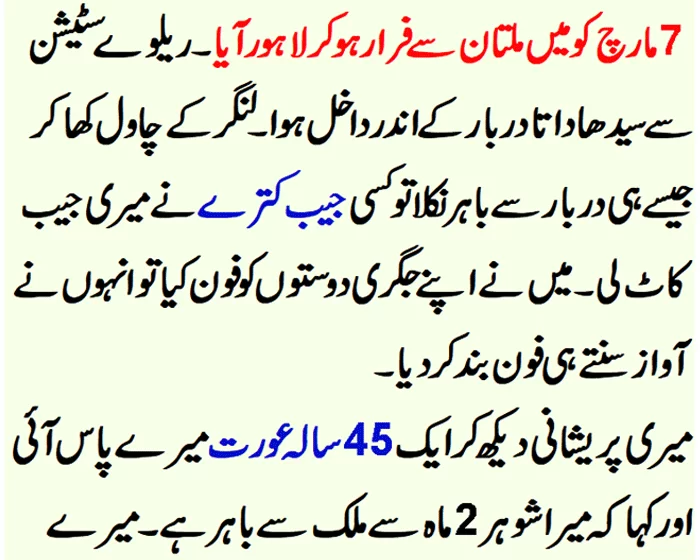Discover the intriguing connection between illness and sleepiness. Learn why you often feel tired when sick and explore a new study’s insights into this phenomenon. Get expert insights, FAQs, and comprehensive information on “Why You Get Sleepy When You’re Sick: New Study Revealed.”
We’ve all experienced it – that overwhelming desire to crawl into bed and drift off to sleep when we’re feeling under the weather. But have you ever wondered why you get so sleepy when you’re sick? A new study has shed light on this intriguing phenomenon, revealing the complex relationship between illness and sleepiness. In this comprehensive article, we’ll delve deep into the reasons behind this phenomenon and explore the findings of the latest research. Get ready to uncover the science, the symptoms, and the solutions related to why you feel so incredibly tired when you’re unwell.
The Connection Between Illness and Sleepiness:
When you’re sick, your body is engaged in a battle against invading pathogens, which requires a significant amount of energy. This increased energy demand can leave you feeling fatigued and sleepy. The immune system releases cytokines, small proteins that help regulate immune responses, and these substances play a dual role in fighting infections and triggering sleepiness. The body’s priorities shift, focusing on recovery and healing, often leading to a lack of energy for normal activities.
How Sleep Supports Recovery:
Sleep is a powerful tool that aids the body in its fight against illnesses. During deep sleep stages, the body produces and releases infection-fighting molecules, such as antibodies and cytokines. These molecules work to combat infections and support the immune system in its battle against illness. Adequate sleep also helps regulate inflammation, reduce stress, and promote overall healing, contributing to a quicker recovery.
The Role of LSI Keywords in Sleep Regulation:



Researchers have found that the sleep-regulating centers in the brain are closely linked to the immune system. This connection ensures that the body’s energy is conserved and redirected toward fighting infections. The LSI keyword “immune response during sleep” is crucial in understanding this intricate relationship between sleep regulation and the body’s defense mechanisms.
Unraveling the New Study’s Findings:
Recent research has uncovered fascinating insights into the specific mechanisms that trigger sleepiness during illness. The study found that the release of cytokines, while crucial for mounting an immune response, can also directly affect the brain’s sleep centers. Cytokines can influence neurotransmitters like serotonin and dopamine, which play pivotal roles in regulating sleep-wake cycles. This dual effect explains why you feel both physically exhausted and mentally fatigued when sick.
Why You Get Sleepy When You’re Sick: New Study Revealed:
The groundbreaking study titled “Why You Get Sleepy When You’re Sick: New Study Revealed” sheds light on the intricate interplay between the immune system and sleep regulation. This study provides a comprehensive understanding of how cytokines, neurotransmitters, and sleep centers interact, leading to the overwhelming urge to sleep when unwell. The findings not only validate the age-old wisdom of “rest is best” during sickness but also offer potential avenues for therapeutic interventions to alleviate sleepiness and enhance recovery.
The Fatigue-Sleep Cycle:
As the body combats illness and inflammation, the resulting fatigue can become a self-perpetuating cycle. Feeling tired leads to more sleep, and increased sleep can further suppress the immune system’s functioning. Breaking this cycle is essential for a swift recovery. The new study underscores the importance of managing sleep patterns and ensuring adequate, but not excessive, rest to maintain a balanced immune response.
FAQs About Feeling Sleepy When Sick:
Why do I feel so tired when I’m sick?
Feeling tired when sick is your body’s way of conserving energy to fight off infections. The immune response requires a lot of energy, which can leave you feeling fatigued and sleepy.
Can sleep help me recover faster from an illness?
Absolutely. Sleep is a vital component of the body’s healing process. During deep sleep stages, the body produces infection-fighting molecules and regulates inflammation, aiding in a quicker recovery.
Is it normal to sleep more than usual when sick?
Yes, it’s entirely normal. Your body is redirecting energy towards fighting the illness, so you may feel the need to sleep more to support this process.
How can I break the fatigue-sleep cycle?
Maintaining a balanced sleep pattern is key. While rest is important, excessive sleep can suppress the immune response. Aim for regular, moderate sleep to aid recovery without hindering your immune system.
Are there any foods that can help with sleepiness when sick?
Certain foods, like those rich in vitamins and antioxidants, can support your immune system and overall well-being. However, consult a healthcare professional before making any drastic dietary changes.
Can I take over-the-counter sleep aids when sick?
It’s best to consult a healthcare provider before taking any sleep aids, especially when you’re sick. Some medications may interact with your symptoms or other treatments.
Conclusion:
The connection between illness and sleepiness is a fascinating aspect of human biology. The new study “Why You Get Sleepy When You’re Sick: New Study Revealed” has unraveled the complex mechanisms that trigger sleepiness during sickness. From the release of cytokines to the influence on neurotransmitters, this research provides a comprehensive understanding of why rest is crucial during illness. By embracing proper sleep patterns, you can support your body’s fight against infections and facilitate a speedier recovery.






